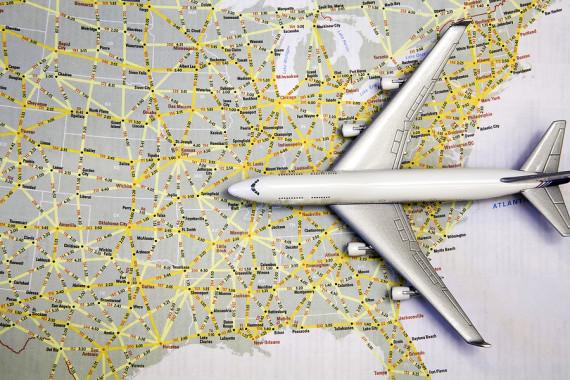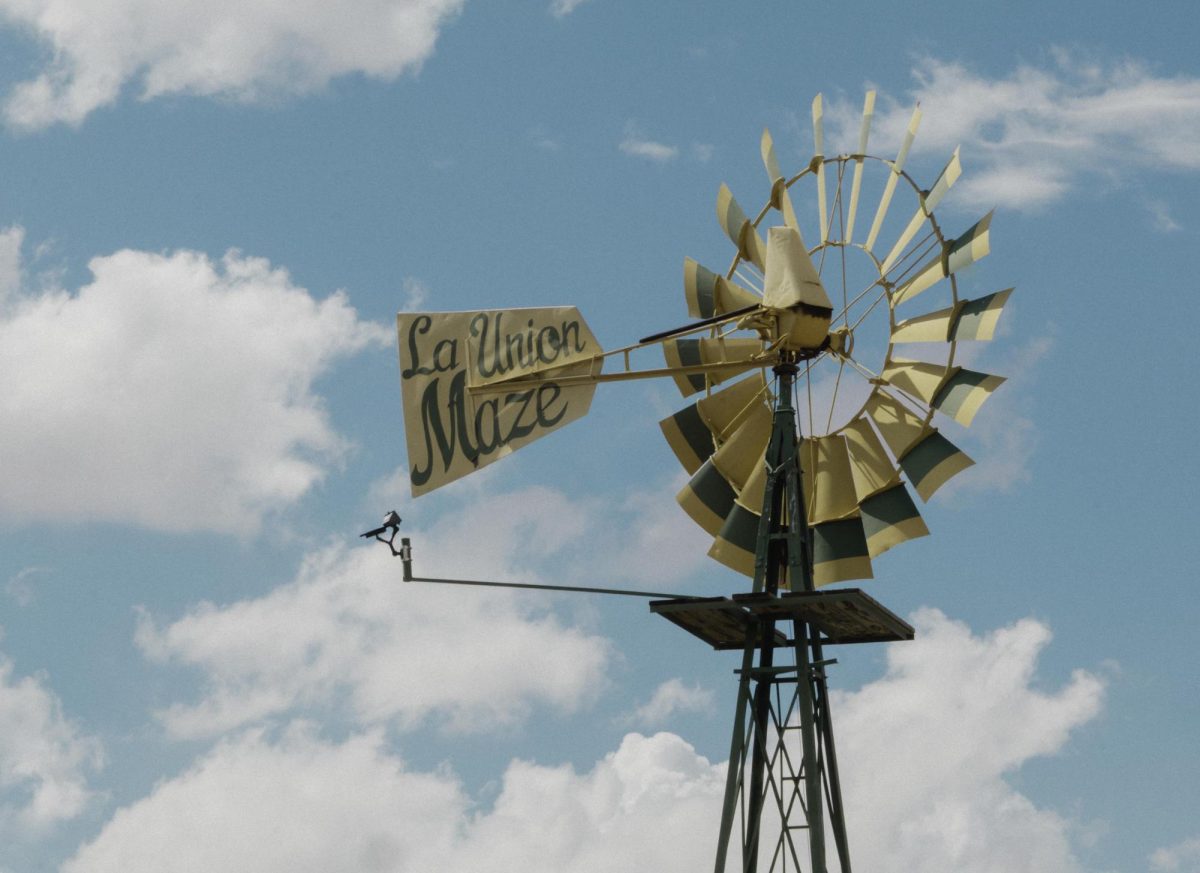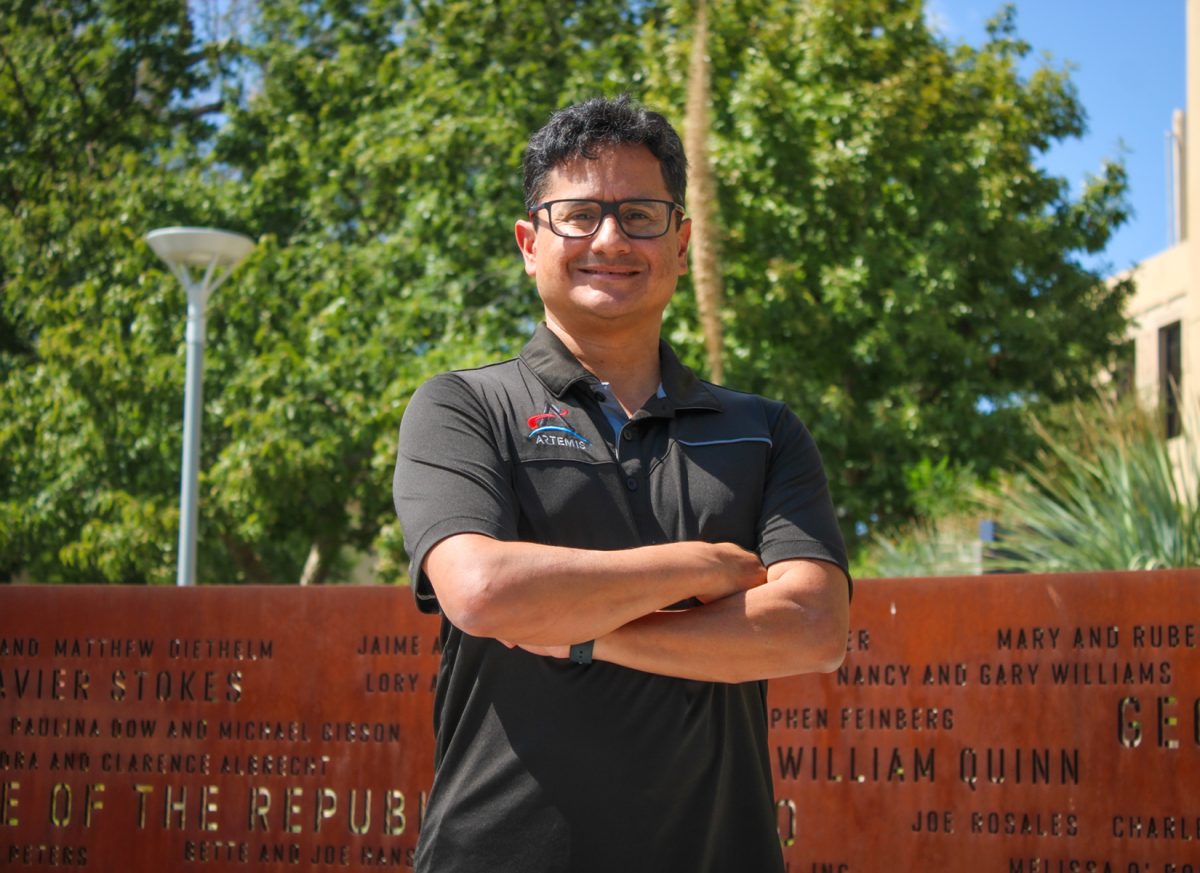Kenya native Syprose Nyachoti has not seen her home since she first came to UTEP three years ago.
“I wish to be there any time, but I haven’t gone back since I came to the U.S. three years ago because the ticket is costly. It cost about $2,000,” Nyachoti said.
She is a graduate student pursuing her Ph.D. in geological sciences.
Nyachoti had to compromise in order to make a better life for herself. She said she was stunned by the differences in culture, people and climate in El Paso.
“I realized there was a lot of Spanish here. In fact the day I got here there was snow and I’d never seen snow before,” Nyachoti said.
Nyachoti is from Nairobi, in southern Kenya. Among the many issues in her home country is a water shortage. She also said many political disputes occurred over elections that were held in 2007 and that people were getting into arguments as well as a lot of tribal clashes were taking place.
“Several years ago, there were a lot of bombings,” she said. “A few months ago, people were putting bombs in malls and other public places, but overall the country is okay, the political pressure is low.”
Adeeba Raheem, a civil engineering professor, is from Lehore, Pakistan. She has not only dealt with change, but also worries about her family back in Pakistan.
“There were so many things going on, it was very stressful and I was always trying to keep in touch with family, always calling them–how they are doing there and also natural disasters were happening,” Raheem said.
Raheem lived in Pakistan for 26 years. She said that since Sept. 11, 2001, her country has been changing, and more women are pursuing their education and are granted equality in professional settings.
“Laws have changed a lot–changing day by day–more women, double the amount of engineering students, not banning women from any fields,” she said. “Parents support women’s decisions because they are more and more educated. Education is a very big push for the government. Their goal is to have more masses educated
in the future.”
Although Raheem’s family resides in the capital of Pakistan, Islamabad, which is away from violence, she said she still worries about the economic and social issues that continue to occur.
“Nothing has been settled so far on both ends, so it’s been on and off. However it is a ripple affect, if there is something going on, it affects us,” Raheem said. “Resources are not that much as a whole, not that cheap, there is not an extreme poverty.”
Although celebrating home traditions are a challenge, Raheem has adapted to American culture with the help of close friends.
“My friends know I am from a different country and they respect my limitations,” Raheem said.
Esmaeil Balal, a graduate student studying civil engineering, comes from Tehran, the capital of Iran. Balal said he did not find any challenges adjusting to American culture.
“I grew up in a family that was close to American culture,” Balal said.
He said he witnessed many protests going on in his hometown, however he was not in the presence of any violence. He said that since a new government in Iran has been in place, there has been less war, but the inconsistent value of the dollar has caused economic issues.
“My country is not so much advanced, the economy is not in a good situation, but the technology is improving every day,” Balal said. “Not a big deal for the country, everything is calm, people live a normal life.”
Kimberly Valle may be reached at [email protected].






